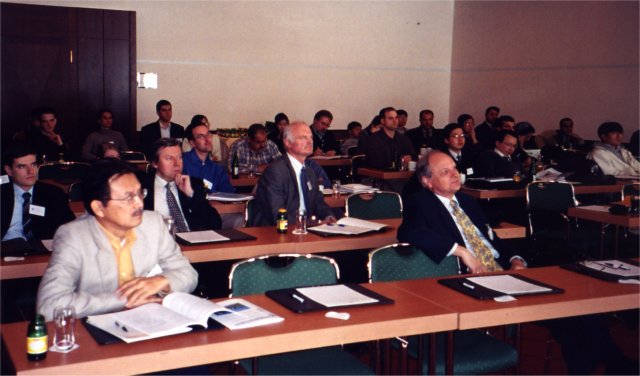
POST-CONFERENCE REPORT

The 4th WSEAS International Conference on SOFTWARE
ENGINEERING, PARALLEL and DISTRIBUTED SYSTEMS (SEPADS `05), the 4th WSEAS
International Conference on ARTIFICIAL INTELLIGENCE, KNOWLEDGE ENGINEERING and
DATABASES (AIKED `05), the 4th WSEAS International Conference on ELECTRONICS,
HARDWARE, WIRELESS and OPTICAL COMMUNICATIONS (EHAC `05) and the 4th WSEAS
International Conference on SIGNAL PROCESSING, ROBOTICS and AUTOMATION (ISPRA
`05) were
held in Salzburg, Austria from February 13 1 till February 14, 2005.
This multiconference was held in 2002 in Cadiz, Spain, in 2003 in Rethymno,
Greece, in 2004 and 2005 in Salzburg Austria while in 2006 it will be held in
the University of Alcala, Madrid, Spain. The multiconference is better and
better from year to year with increasing tendency in participation.
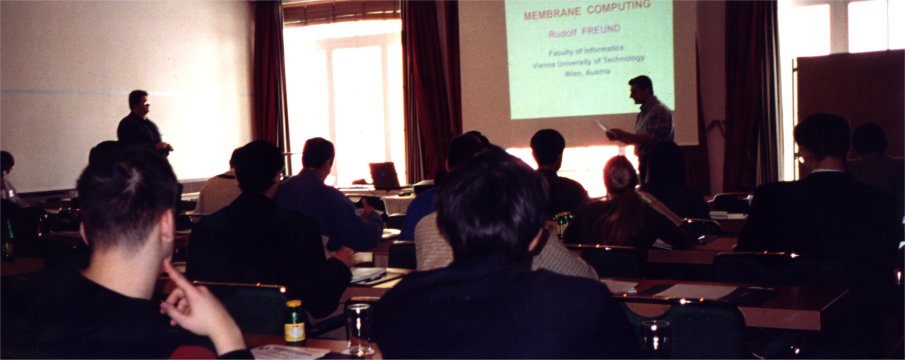
SCIENTIFIC
PART:
Conference Statistics:
Submitted papers: 395
Accepted papers: 284
From these 284 papers, 139 papers were selected for additional journal
publication
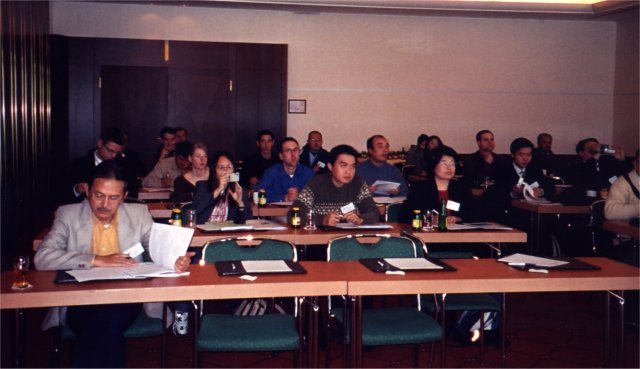
|
Plenary Lectures: Plenary Lecture I: Software Engineering - Foundations and Prospects Prof. Walter Dosch Abstract: Software development has matured from heuristic practice to an engineering discipline. Over the years software technology developed into a key qualification for mastering complex technical systems. Nowadays software engineers can benefit from a solid stock of basic research addressing the specification, modelling, design and implementation of sequential, concurrent, distributed and real time systems. Software designers employ different system views manifesting themselves as data model, communication model, state transition model, and process model. We survey the scientific foundations of modern software technology concentrating on components, interfaces and behaviours. Then we outline future prospects and identify major research challenges. Plenary Lecture II: Membrane Computing Prof. Rudolf Freund
Sensitivity Analysis for Winding
Support and Dr. Erich Schmidt Abstract: Short-term customer deadlines, ambitious technical specifications and individual customer demands require very high levels of precision and reliability of calculation results for power transformers. The detailed geometry of windings, core, tank wall as well as insulation and clamping parts requires 3D numerical analysis methods in order to obtain high accurate values for the material utilization. The paper presents finite element calculations for the electric field distribution in the winding support with regard to various material properties according to production tolerances. These calculations are carried out with the intent of an optimization of winding support, core clamping system and tank wall shape including the sensitivity about possible materials properties.
Software Definable Radio: Past, Present and Future Prof. Dr. Oleg Panfilov Abstract: The wireless communications industry is in a state of technological disarray with competing protocols, frequencies, data rate standards and incompatible technologies. So, now we are witnessing some kind of "communication Babylon" of different systems not capable to communicate with each other. The events of September 11 showed that the price for such situation can be unacceptably high when even the critical first response services could not communicate. Human lives were lost as a result. Software radios by providing signal as well as data processing in digital form can reconfigure themselves automatically to recognize and communicate with each other over competing wireless standards (CDMA, GSM, TDMA, WCDMA and countless others) resulting in benefits such as improved system performance, less expensive service cost, and seamless roaming. Finally, software radio systems brings hope in solving the interoperability problem, finally building "bridges" instead of erecting "walls" between different systems. It brings the paradigm shift benefiting both customers and service providers saving billions in transition from one standard to another one (it requires just downloading a new SW) as well as providing the means for unrestricted roaming and communication. What the software definable systems are, why do we need them, the historical evolution of these systems riding the wave of microprocessor technology revolution is the subject of the coming talk. |
Most of the papers were of high quality and for this reason the
reviewers promoted them to WSEAS International Journals.
The organizing committee followed the rule:
Positive Comments from 2 reviewers --> Publication in the Proceedings
Positive Comments from 3 reviewers --> Publication in the Proceedings + Journals
Positive Comments from 1 or 0 reviewers --> Rejection
The proceedings were distributed to the authors during the event
while selected papers were published in WSEAS Transactions.
The Proceedings, WSEAS Transactions for
this WSEAS Multiconference
are covered by the following Science Citation Indexes:
INSPEC (IEE), ISI (ISINET), ELSEVIER, CSA, AMS
Mathematical Reviews, ELP, NLG, Engineering Index,
Directory of Published Proceedings, ZENTRABLATT,
British Library, Swets Information Services
See details: www.worldses.org/indexes
SOCIAL PART:
The official Banquet of the conference took place in the hotel with an
impressive great variety of food,
and beverage.
In the coffee-breaks, the guests except the usual
coffee, tea, milk enjoy also a variety of fruits, juices and fruit-tarts.
Several Photos from the Banquet follow:
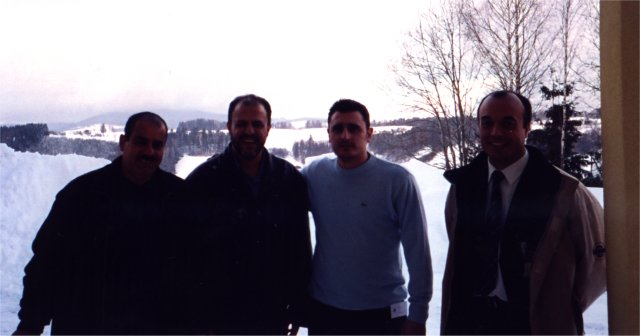
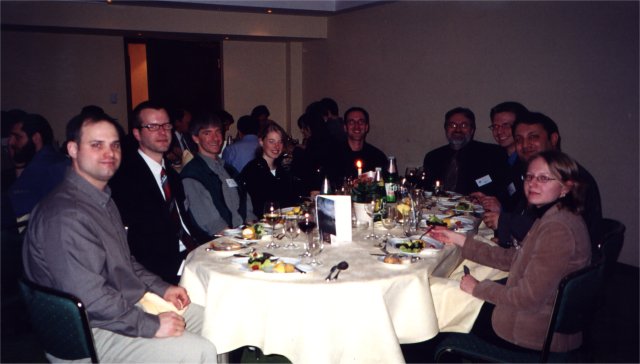
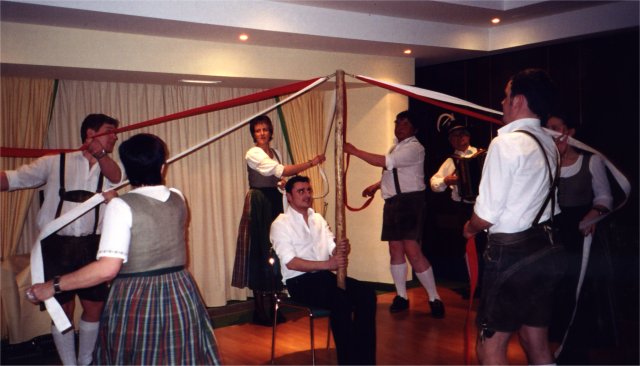
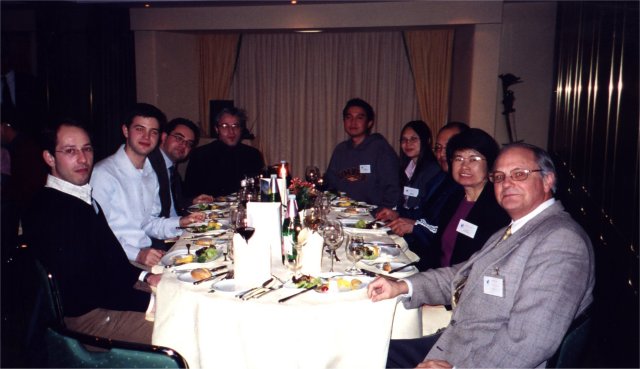
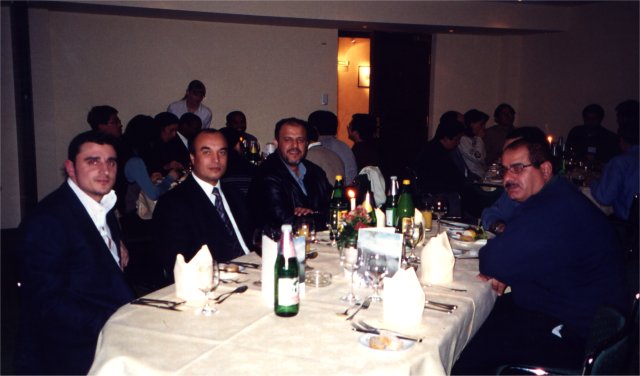
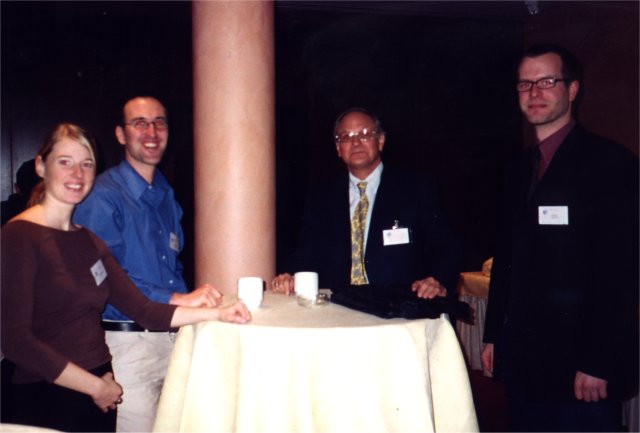
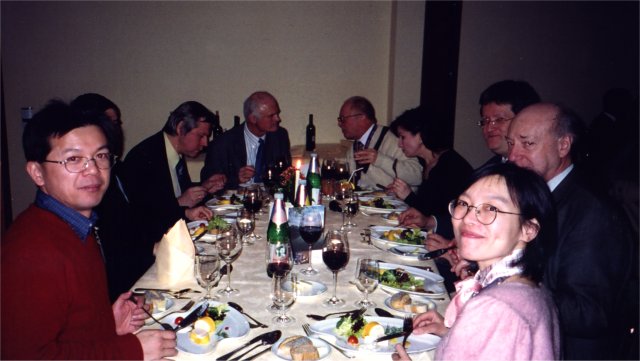
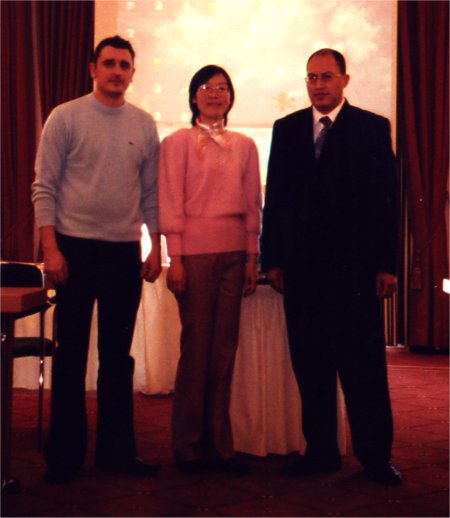
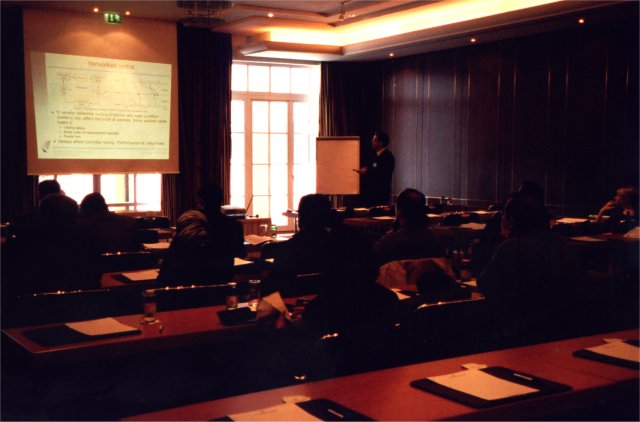
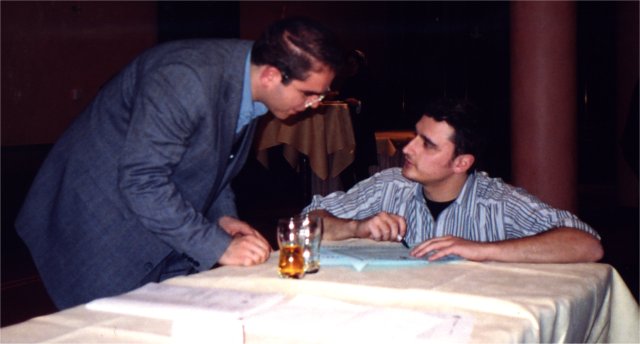
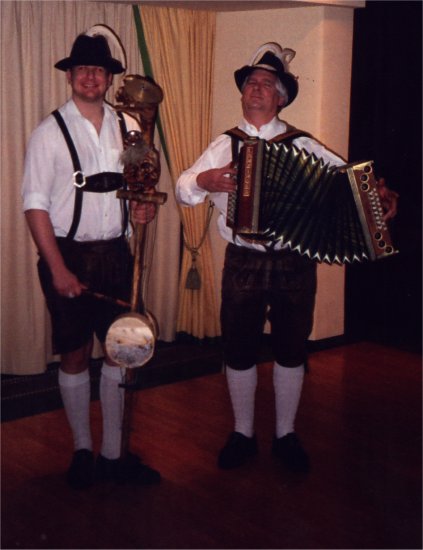
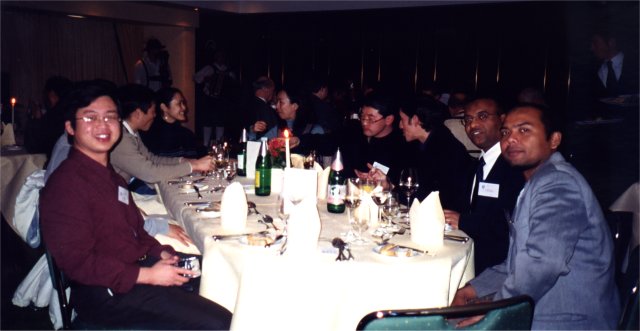

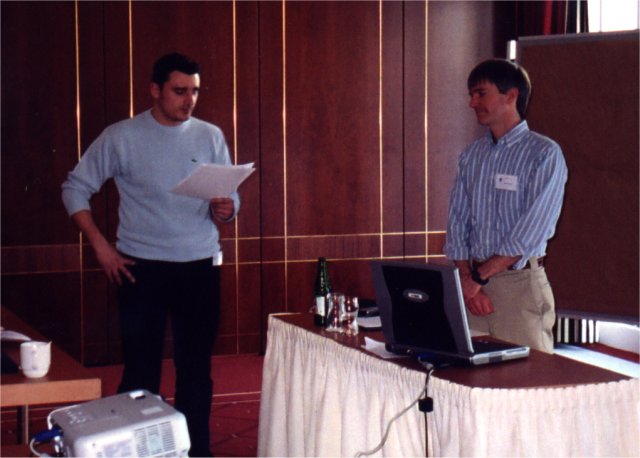
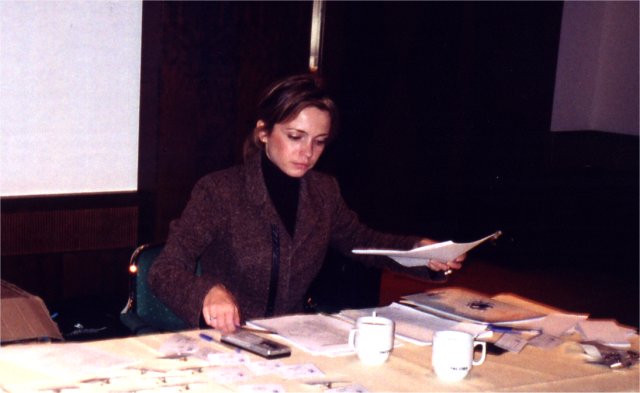
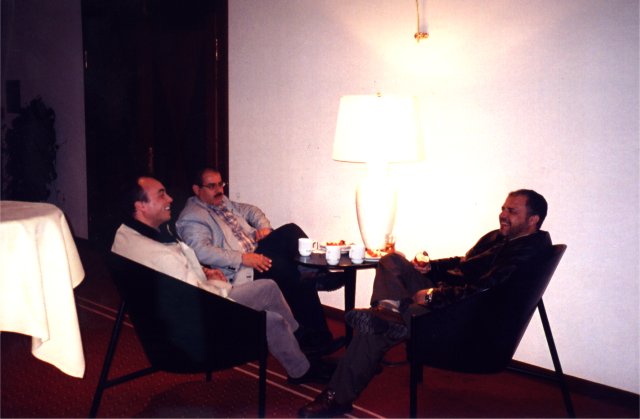
The overall impression of the meeting was
excellent.
See also:
http://www.worldses.org/feedback2005.txt